Courses
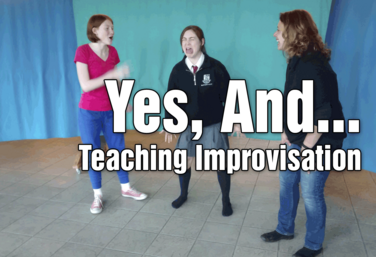
Yes, And... How to Teach Improv
by Jennine Profeta
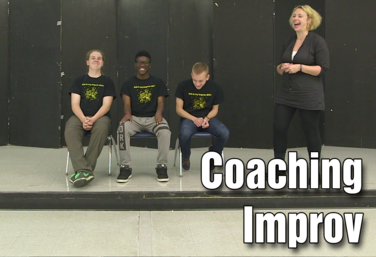
Coaching Improv
by Jennine Profeta
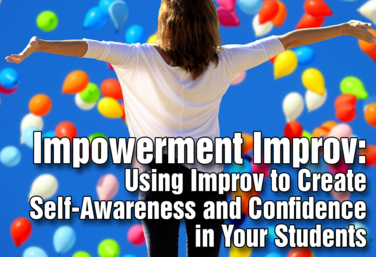
Impowerment Improv
by Jennine Profeta
Units
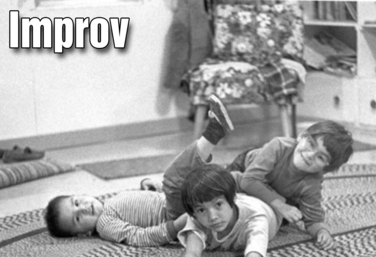
Improv
by Anna Porter
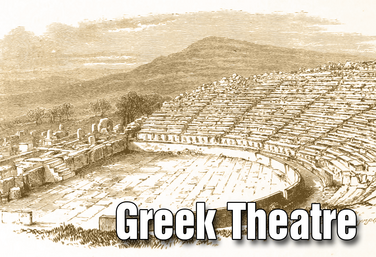
Ancient Greek Theatre
by Karen Loftus
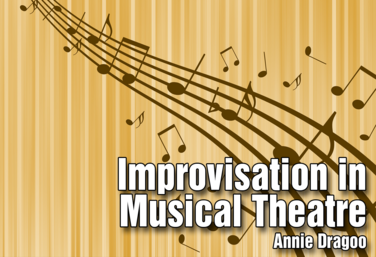
Improvisation in Musical Theatre
by Annie Dragoo
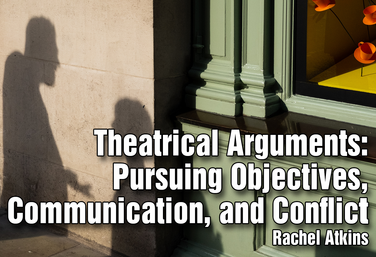.png)
Theatrical Arguments: Pursuing Objectives, Communication, and Conflict
by Rachel Atkins
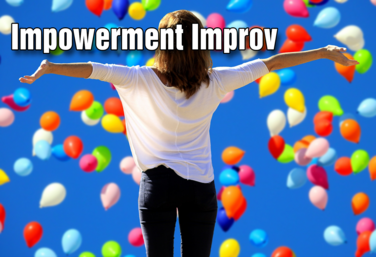
Impowerment Improv
by Jennine Profeta
Lesson Plans
Improvisation Unit (Three Lesson Plans)
by Anna Porter
The Speed Date
by Stephanie-Ann Cocking
Improvisation: The Gibberish Language
by Lindsay Price
Improvisation: The Rashomon Monologue
by Lindsay Price
Character Improv
by Marisa Peck
Main Idea and Story Detail Improv
by Karen Loftus
Duet Improv
by Lindsay Price
Improvisation: Characters
by Jennine Profeta
Resources
Location List
Actions List
Character List
Emotions List
Objects List
Picture Prompt: Awkward
Duet Characters List
Duet Scene Scenarios
Improvisation Feedback Tips
Improv Evaluation Questions
Dialogue Prompts
Improvising Your Monologue Exercise
Improv Warm Up Games
Improv Rubric
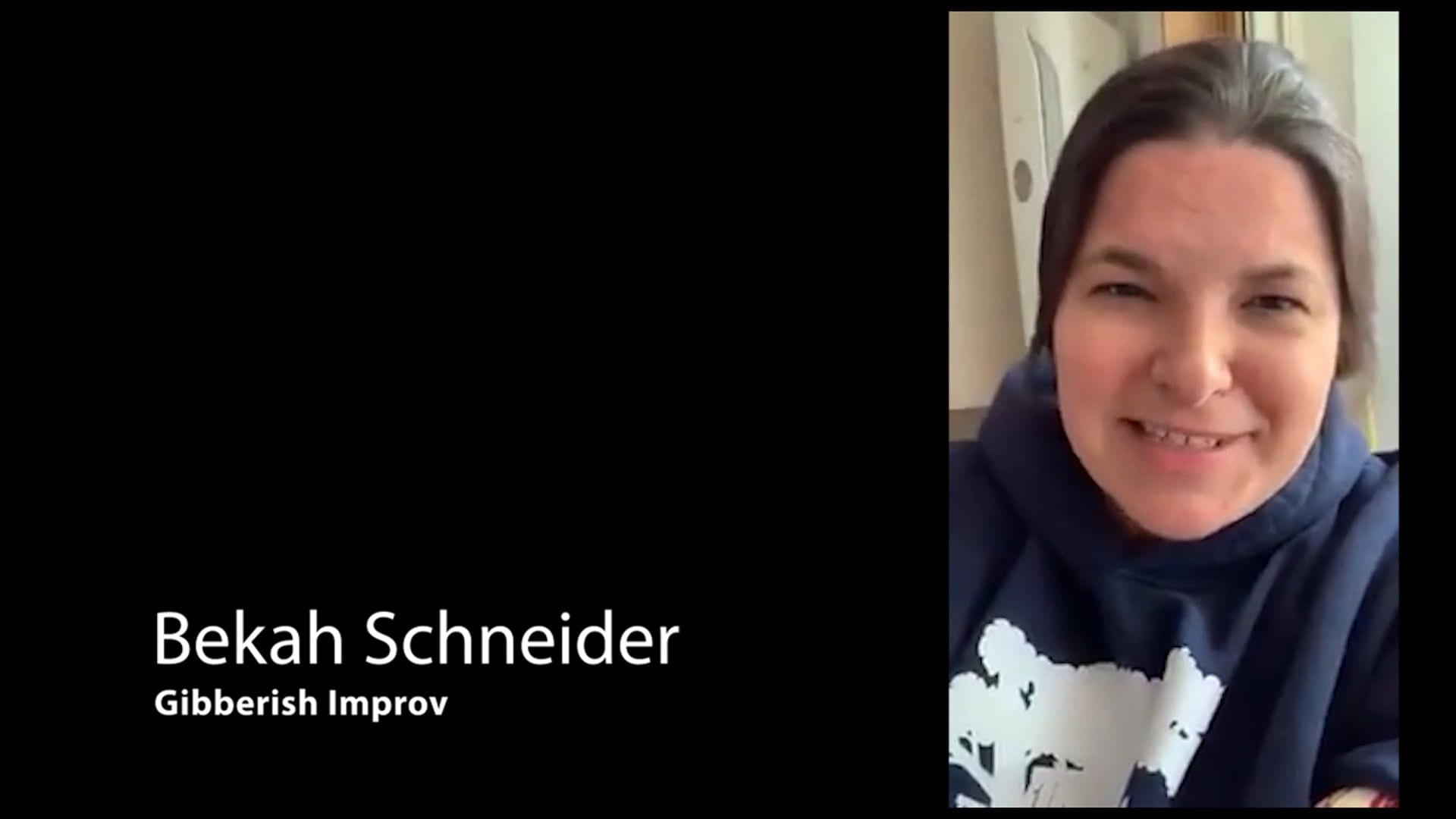
Gibberish
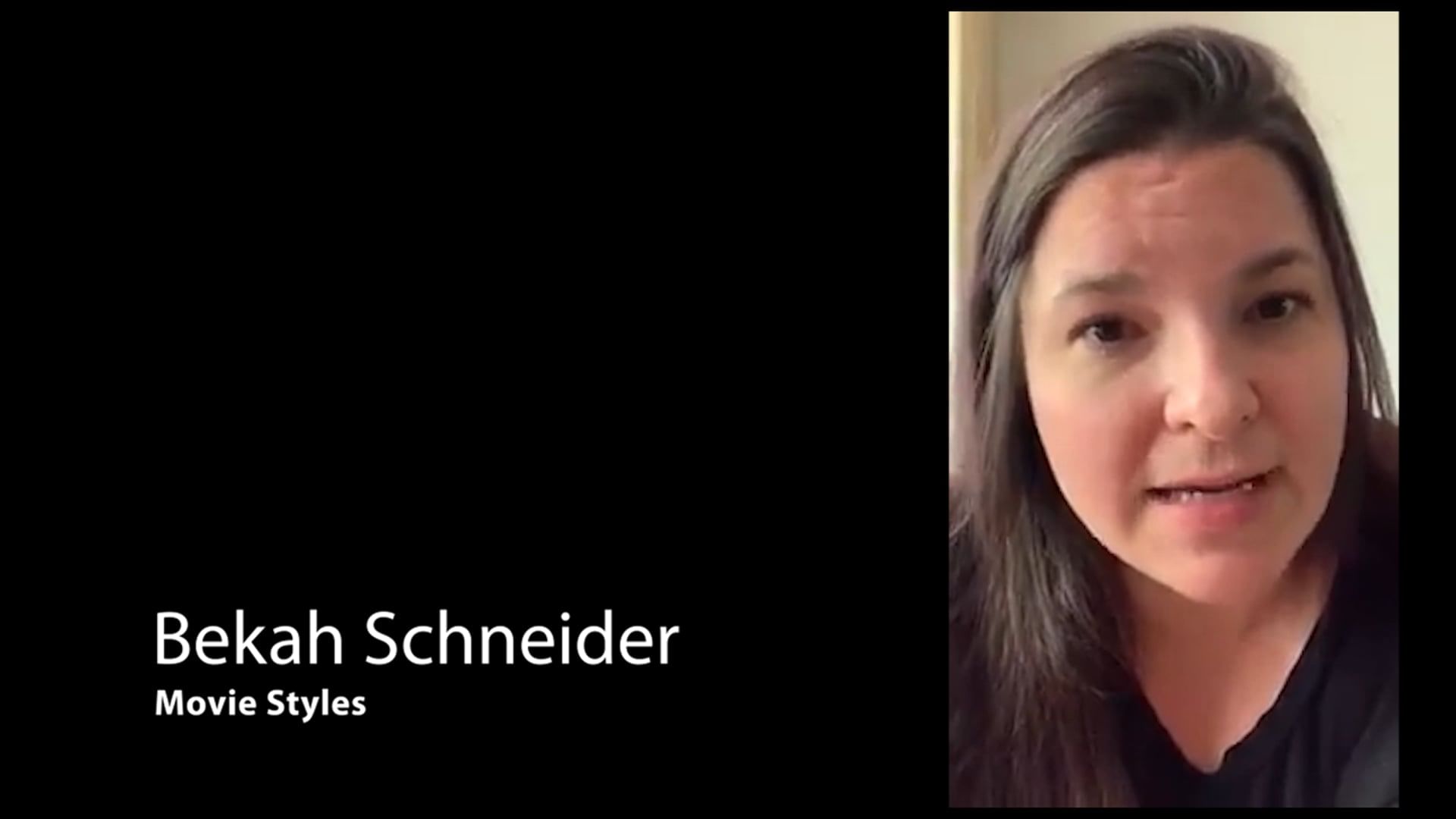
Movie Styles
LGBTQ+ Inclusive Improvisation
2 - Improvisation
PLCs

School Startup - Session One
Hosted by Karen Loftus, Matt Webster, and Jennine Profeta

Impowerment Improv
Hosted by Lindsay Price, Jennine Profeta
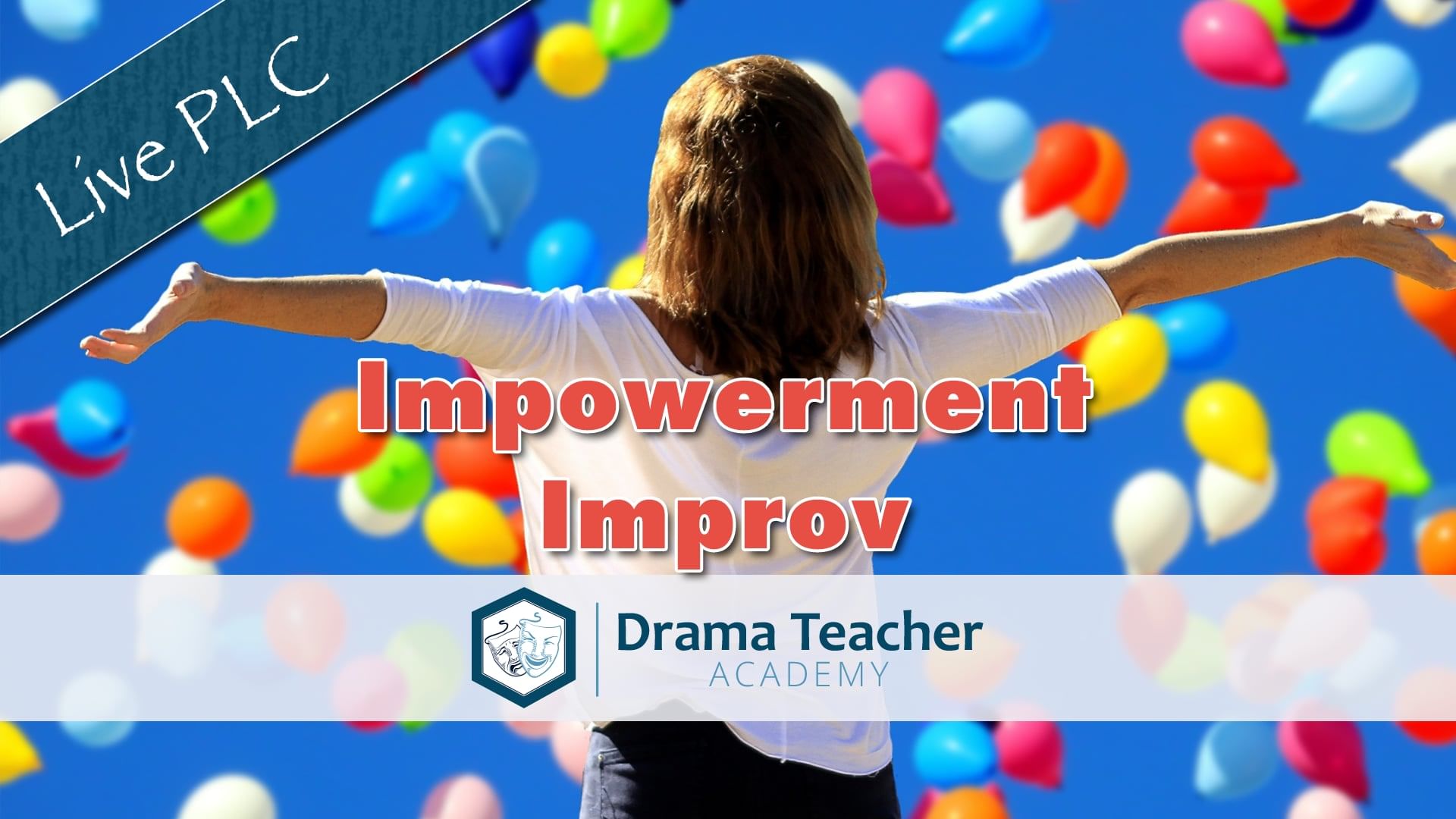
Impowerment Improv
Hosted by Lindsay Price, Jennine Profeta